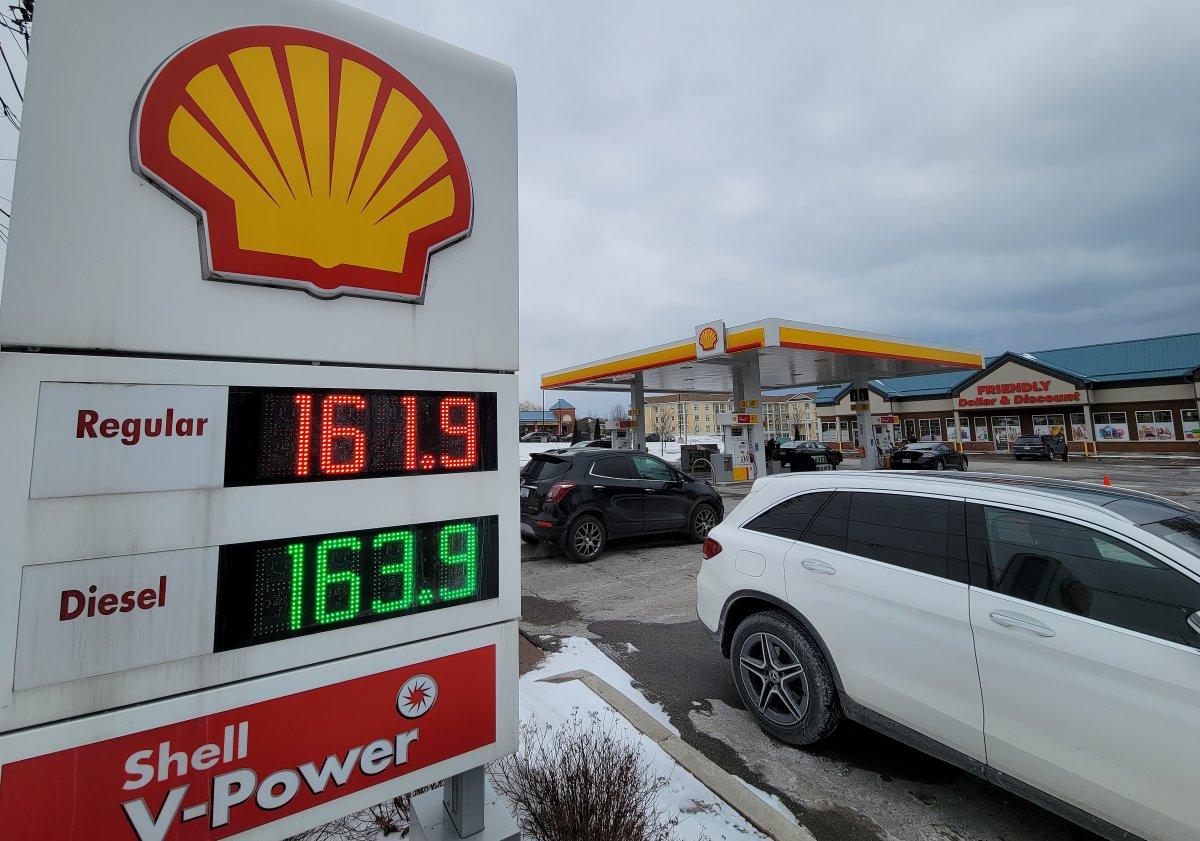Finding a way to stabilize global markets roiled by Russia’s invasion of Ukraine will be crucial in efforts to lower the soaring costs of gasoline for Canadian consumers, says Canada’s natural resources minister.

“I would say that that is a function of the uncertainty that has been generated by the terrible tragedy that we are seeing unfold in Ukraine,” said Jonathan Wilkinson in an interview with The West Block guest host David Akin on Sunday. “Uncertainty around whether Russian oil and gas will continue to flow.
“But also it’s driven by the desire on the part of virtually all of the western European countries to find ways to replace Russian oil and gas that they currently import with other sources.”
Wilkinson said ministers met two weeks ago through the International Energy Agency — a non-governmental organization that operates as part of the Organisation for Economic Co-operation and Development (OECD) — to discuss ways to deal with the problem. Another meeting is scheduled for the week after next in Paris.
He said those talks will build on efforts that have already seen 60 million barrels of oil released from strategic reserves in an effort to blunt the sharp rise of prices since Russia invaded Ukraine on Feb. 24.
Russia is a major producer of oil and gas, particularly for European markets.

Get breaking National news
Although Canada and the U.S. import comparatively little from Russia, the broader economic impact of severe sanctions laid against the Russian economy in an attempt to punish its leaders for the invasion have roiled global markets and sparked fresh waves of uncertainty.

Wilkinson did not say whether the federal government was considering giving back any “windfall” profits from oil and gas producers to Canadians who are struggling with the increased costs of living.
Such a move would be similar to the vow made by Alberta Premier Jason Kenney, who said last week the province would stop collecting the fuel tax when the price of oil exceeds $90 per barrel. He also said the province will offer a rebate on the costs of electricity.
“I recognize that this is a big challenge for many Canadians, and we need to figure out what the best way to actually address that is,” he said.
Some of that might involve encouraging more people to switch to zero-emission vehicles and other forms of energy that aren’t as sensitive to price fluctuations as oil, Wilkinson said.
“It certainly can involve a look at the windfall profits the oil and gas sector is actually making during this period of time, that is driven by this terrible tragedy in Ukraine,” he added.
“And it may involve other fuels. Those are conversations that we are having on an ongoing basis, and it’s an important conversation.”
The U.S. and Canada have both banned the import of Russian oil and gas over President Vladimir Putin’s invasion of Ukraine, which is a sovereign democracy.
Canada has the world’s third-largest reserves of oil and gas, but producers have so far been wary of significantly boosting output following the pain of 2020’s pandemic-induced oil price collapse.
– with a file from Reuters












Comments